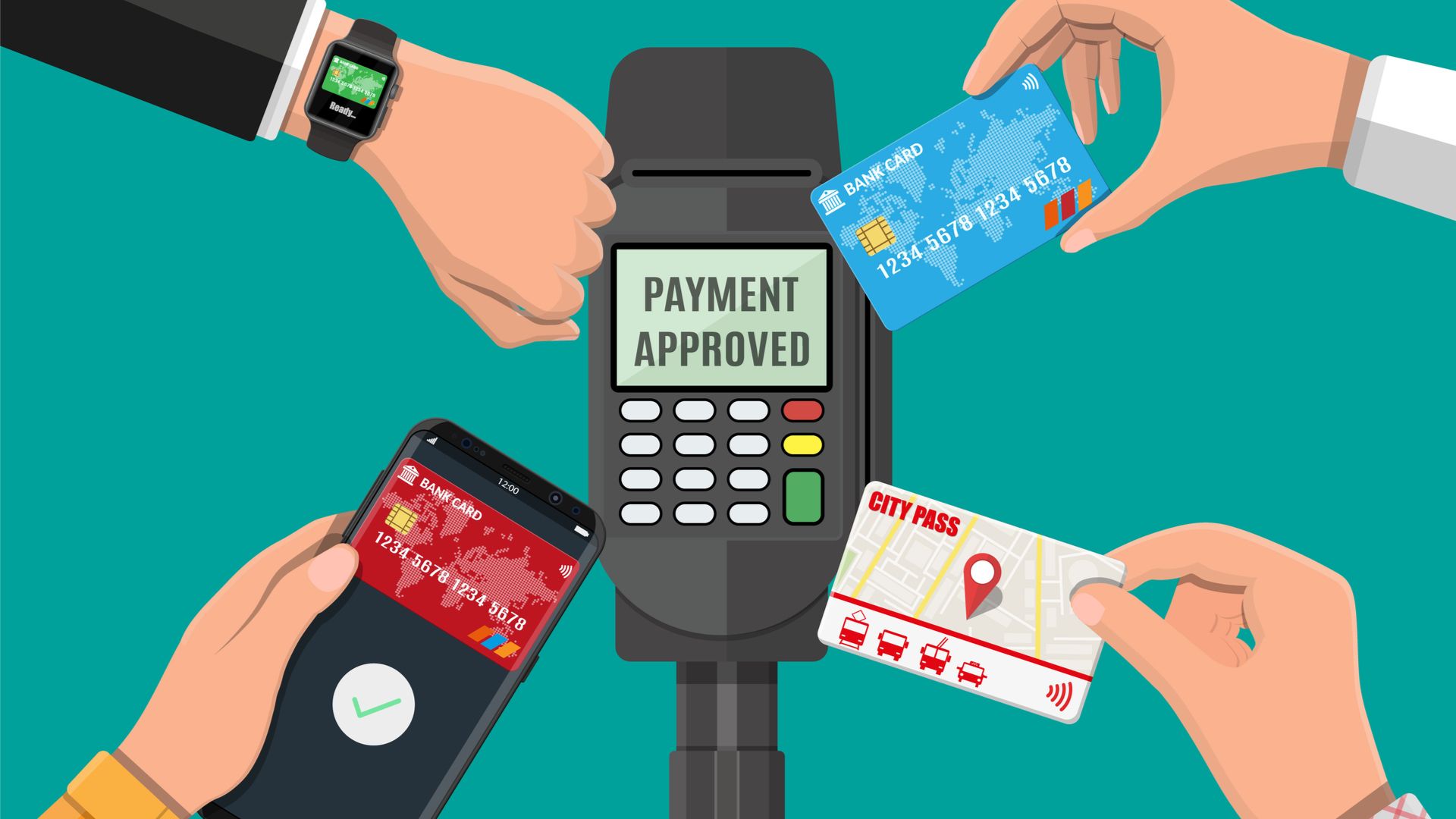Transactions occur at high speed in the world of fintech. And personal information is exchanged in milliseconds, ensuring the security of customer data is a necessity, not a choice. As fintech companies push the boundaries of convenience and speed, they are also under increased pressure to protect user data from cyber threats. Eric Hannelius, CEO of Pepper Pay, argues that maintaining rigorous data security is foundational to building trust, customer loyalty, and long-term success.
The Stakes are High in Fintech.
The fintech sector handles vast amounts of sensitive data, from payment details to personal identifiers, making it a prime target for cyber-attacks. A single breach can result in far-reaching consequences for users and companies alike. Customers face the risk of identity theft and financial loss, while companies may incur substantial financial penalties and suffer from reputational damage that is difficult to repair.
“Data breaches can erode years of trust-building efforts in an instant,” explains Eric Hannelius. For fintech companies, data security cannot be an afterthought. It has to be central to every operational decision.
Building Trust Through Transparency and Accountability.
In an industry, where trust is important, fintech companies must show transparency and accountability regarding data protection. Eric Hannelius emphasizes that companies should be open with customers about how their data is collected, stored, and protected. “Being transparent with customers about our data practices demonstrates respect for their privacy and security. It’s a trust-building exercise that we cannot afford to overlook,” he states.
Customers today are increasingly aware of data privacy concerns and prefer businesses that make security a top priority. By being transparent, fintech companies align with customer expectations and strengthen their brand reputation.
Proactive Security Measures: A Standard, Not an Option.
To create a secure environment, fintech companies must implement multiple layers of proactive security. Techniques such as data encryption, multi-factor authentication, and regular security audits are essential for protecting sensitive information. Eric Hannelius believes that these measures should be the standard in fintech. “We incorporate security protocols into every stage of our product development at Pepper Pay, ensuring that customer data is protected as rigorously as possible,” he explains.
Eric Hannelius also highlights the importance of continuous improvement. Cyber threats evolve rapidly, and so should security strategies. He recommends that fintech leaders stay informed about emerging threats and invest in adaptive security measures to ensure that customer data remains secure.

Regulatory Compliance: A Key Aspect of Security.
Regulatory bodies worldwide are intensifying their focus on data security, with frameworks like GDPR in Europe and CCPA in California, establishing stricter standards for data privacy. Fintech companies must navigate these regulations carefully, as non-compliance can lead to severe penalties. Eric Hannelius views regulatory compliance as a minimum requirement for any serious fintech provider, arguing that “complying with regulations is only the first step and our responsibility goes beyond compliance.”
By adhering to these standards, companies avoid legal repercussions and demonstrate their commitment to protecting user data, which can enhance customer confidence in their services.
Educating Customers on Data Security.
Security in fintech isn’t solely the company’s responsibility. Customers also play a role in safeguarding their information. Eric Hannelius advocates for a proactive approach to educating users on data security best practices, such as recognizing phishing attempts and creating strong passwords. “When we empower our customers with knowledge, we help create a more secure ecosystem. Educating users is a win-win for both the company and the customers,” he says.
Through clear communication and resources on security awareness, fintech firms can help customers become active participants in data protection.
Data Security as an Ongoing Commitment.
As fintech companies continue to innovate, data security must remain an unwavering priority. Eric Hannelius concludes, “In fintech, the promise of innovation is tightly bound with the responsibility to protect user data.” For companies like Pepper Pay, this means embedding security in every aspect of product development and fostering a culture where data protection is as fundamental as the services offered.
In a landscape filled with potential threats, a commitment to customer data security is essential for any fintech company aiming to build lasting relationships and a trustworthy brand. The companies that recognize data security as an ongoing commitment rather than a single action will be well-positioned for sustainable success in the fintech sector.











